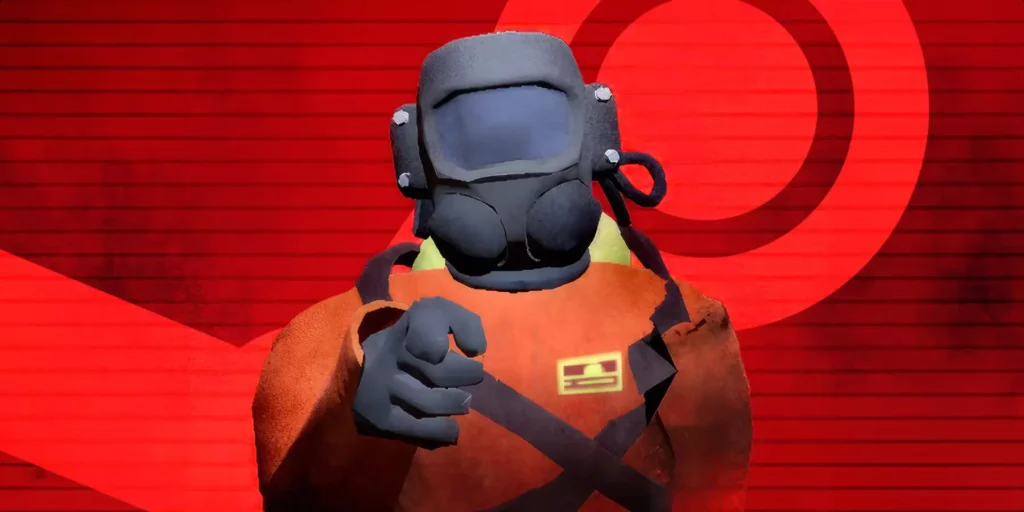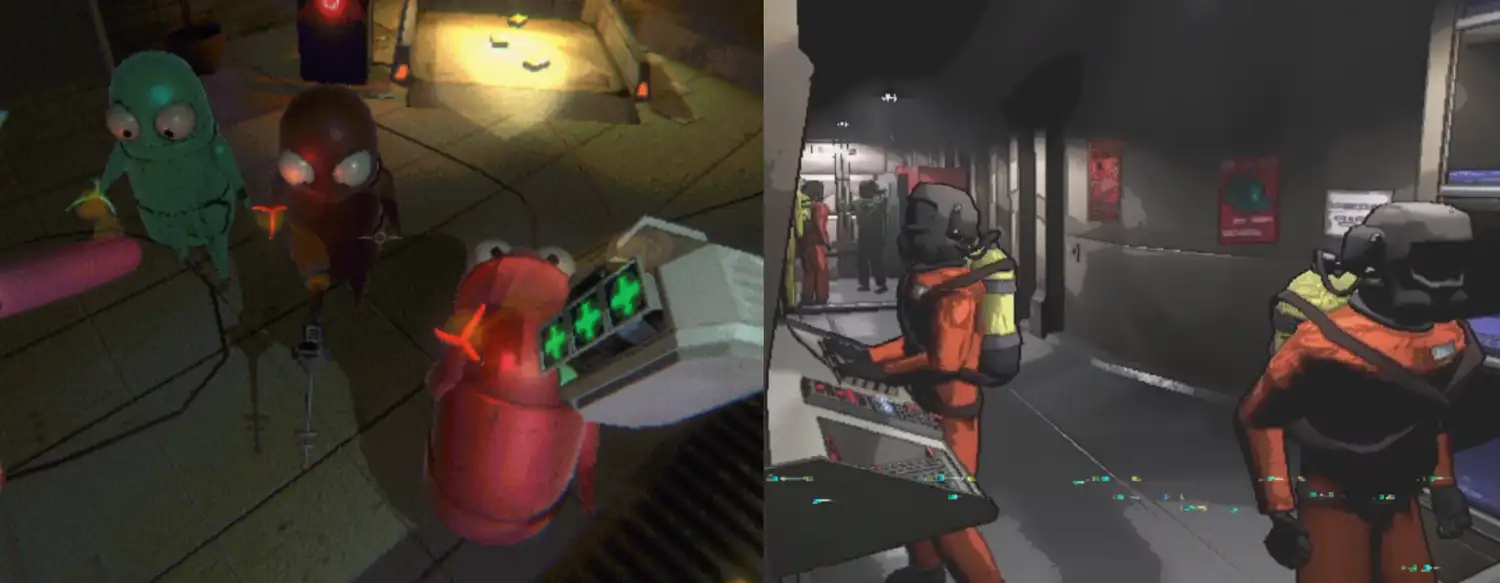Players and viewers alike debate Lethal Company and R.E.P.O. which in turn is sparking controversy on screen and offline. While they both have scavenging under threat as a common theme, the two games have different executions, pacing, and emotional impacts. The purpose of this analysis is to evaluate why Lethal Company remains appealing to many, and why R.E.P.O., despite being easy to run, may not be a replacement.
Mechanical Depth Versus Comedic Accessibility
The players of R.E.P.O. noticed a conscious decision to use a lighter alternative gameplay approach. This can come in the form of over-the-top visuals, physics-related gameplay humour, and voice lines that help steer gameplay towards mayhem and fiasco instead of serious gameplay. Unlike the other games, Lethal Company is atmospheric horror. The game has mechanics, such as near-total darkness with limited flashlights and random enemy encounters, that amp up the experience. Players don’t necessarily see the threats directly, but instead hear monsters coming; this builds suspense and urges caution.
The difference in tone influences the gameplay expectation. In Lethal, resource scarcity and logistics are key. Players can coordinate and use walkie-talkies and remote terminals to control their turrets strategically. In R.E.P.O., though, the tools are immediately at reach, there is built-in flashlight that make the setting appealing, but arguably, it also lessen the tension.

Visual Cues And Fear Mechanics
A frequent point of discussion in the meeting is how light is dealt with in each game. In R.E.P.O., rooms are usually brightly lit which may reduce the chances for jumpscares or getting lost. Monsters often appear clearly and without much warning. This may make the pacing fast-paced to be more accessible, but also eliminates the terrifying unknown of Lethal.
Lethal Company doesn’t have light resources that don’t last forever. Players have to roam through dark hallways and only see shades of darkness. Just seeing the shining eyes of a bracken before it disappears can cause true panic. It’s not unusual for players to drop their flashlight in fear or to rush messily into harm’s way, and it adds to the fun for all.
Enemy Behaviour And Suspense
Some gamers claim that the encounters with enemies in R.E.P.O. are formulaic. Whether it is the shotgun entity or the silent doll, most threats follow the same simple rules: move slowly, stay quiet, and survive. This offers a fair learning curve but also limits surprise. Many times, we see characters’ walk into their opponents with no drama.
Lethal Company, on the other hand, creates moments of shared panic. Its AI behaviour can be punishing and unrelenting. The mimic manipulates players psychologically. The coil-head wipes out whole teams before they know what hit them. Toy Box builds tension audibly before making its move. Every creature provides a new level of meaning that changes how players play with rising threats.
Strategic Planning Vs Instant Action
Another sharp difference is how each game deals with pacing and progression. Lethal’s mission-based framework involves planning and choosing moons, moving ships, trading scrap value, and unlocking new tools. This system gives every round a purpose and rewards teams. If a run fails early on, the consequence of this is long downtimes or punishing resets.
R.E.P.O. does this in a more simple way. Players push a cart, gather loot, and revive teammates. Death is not final, making the experience more forgiving. The addition of physics-based interactions with items adds a comedic touch for viewers. When group coordination goes awry, we can expect to see things like shoving a piano through a doorframe or launching things by mistake.

Entertainment Value For Viewers
Some people in the streaming community think one title will be more appealing than another. Lethal supporters point to its jarring cinematic highlights emerged horror scenes, surprise kills and screams of panic as some success elements. Some argue that the slower pacing and heavy darkness of the series shows makes it frustrating to watch.
On the other hand, R.E.P.O. Inventory has found success thanks to its hectic and potentially always-on style. The visuals of the game are more vibrant, the physics more unpredictable, and the social mechanics more interactive. The robotic avatars and the rich animation make every death or fuck-up feel merry rather than tragic, leading to good streaming repeatability.
Two Games, Different Goals
A common question raised by many is, what is the purpose of each title? The game seeks to make players feel fear, uncertainty and survival pressure. R.E.P.O. focuses on more absurdity, cooperation, and slapstick tension. It begs the question then of which game is more appropriate to the moment or audience—not which is objectively better.
It is also interesting to note that the solo developer of Lethal gave birth to R.E.P.O. so it is more spaced. The reason may likely be why R.E.P.O. seems more polished at first appearance, but not necessarily deeper.
Summary Of Strengths
| Feature | Lethal Company | R.E.P.O. |
| Atmosphere | High tension, minimal light | Light-hearted, always visible |
| Enemy Design | Punishing and unpredictable | Predictable but varied |
| Team Coordination | Essential via walkies and planning | Encouraged through physical tasks |
| Stream Experience | Dramatic highlights, intense reactions | Constant humour, less downtime |
| Replayability | Dependent on difficulty scaling and mods | Frequent changes due to physics and item interaction |
Coexistence Over Replacement
Lethal and R.E.P.O. are perhaps too different to be compared so people seem to agree. One has elements of suspense and horror while the other involves chaos and humorous teamwork. R.E.P.O. may bring in new dynamics and easier onboarding, but Lethal’s still a cult classic.
Perhaps the best course of action isn’t to choose one, but to allow both to coexist. By mixing up the streaming times of these games, players are coming across some unforgettable moments. Whether it’s the slow-motion dread of a coil-head or a teammate flipping a loot cart over in panic.

